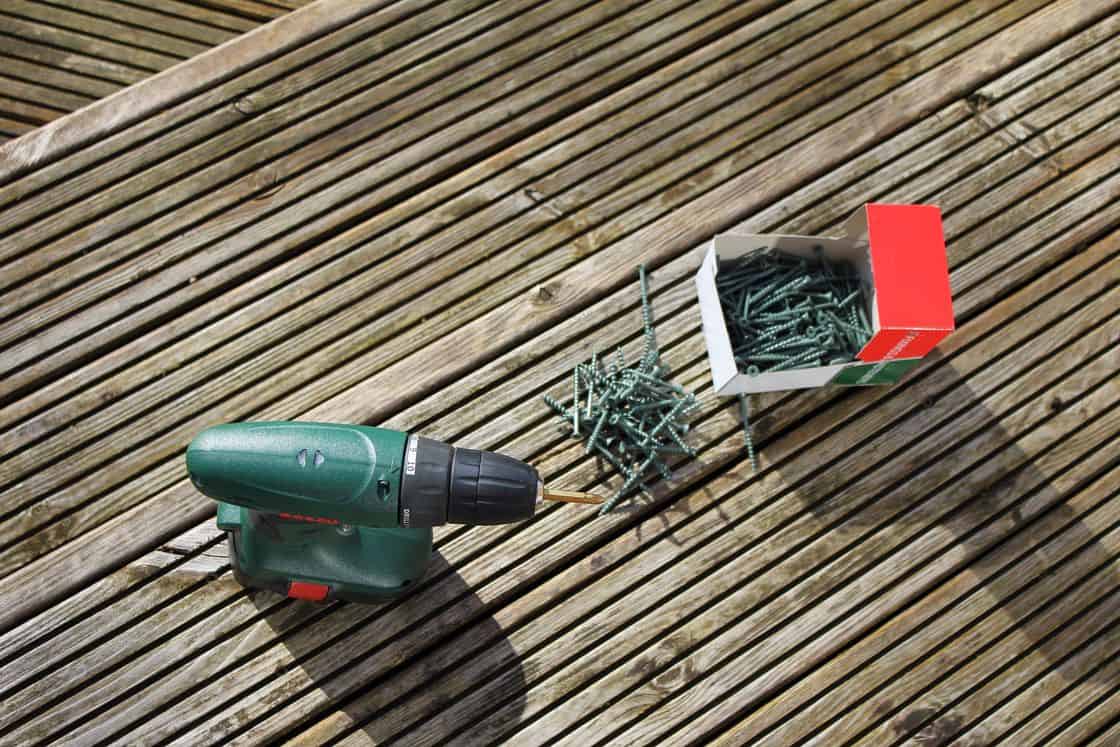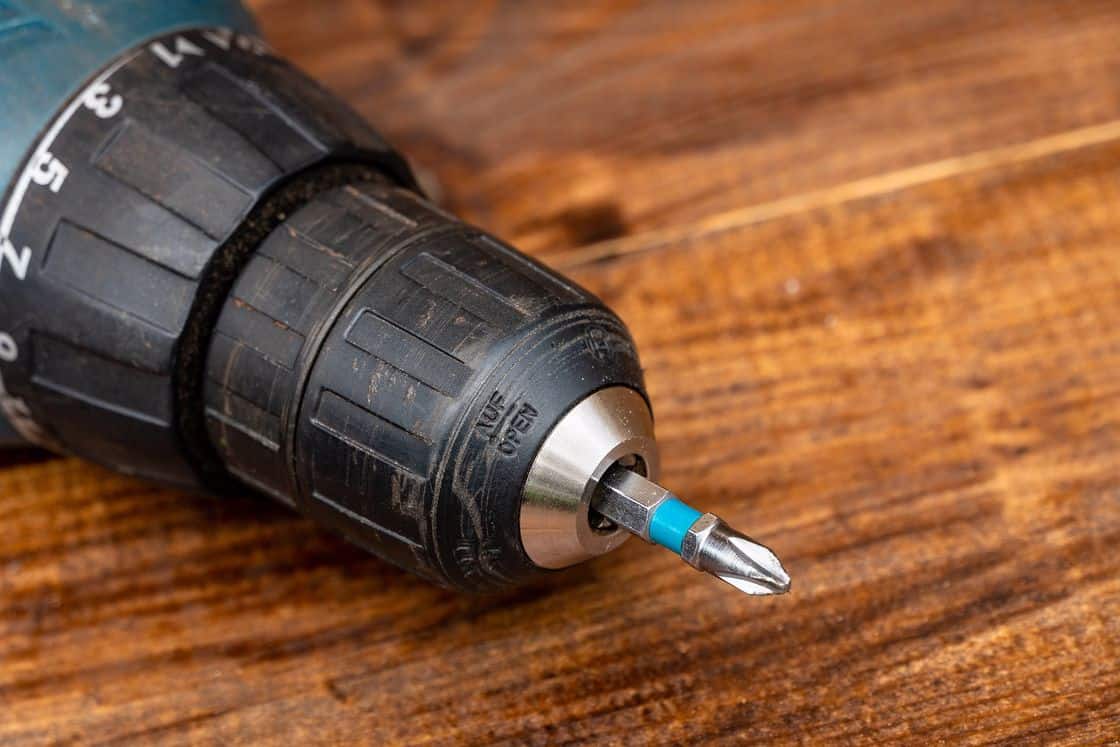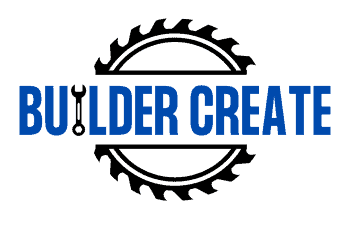Do drill bits get hot? This is a common question that most people ask who is starting drilling. Heat is a general by-product of anything that is in motion. In this article, we’ll talk about how heat affects drilling and how you can avoid overheating.
Contents
Do Drill Bits Get Hot?
Drill bits do get hot for several reasons. Mainly when they are used for a very long time. If you keep using your drill bit while it’s hot, it can lose its temper. When the temper is lost, the bit will get dull.

Drill bits produce heat when drilling because of friction. However, it can generate more heat than usual for various reasons. There are also ways you can reduce the heat generated by your drill bit. Overheating can cause components to melt, so you should be careful.
Tips to Avoid Drill Bits Getting Hot
- Buy and use a high-quality drill and bits with enough speed for your projects.
- Don’t drill fast. Slow and steady is the best method as it allows you to check on your work and accuracy.
- Don’t force the drill. Sometimes the bit may not be compatible with what you’re drilling, so take a step back and evaluate why your drilling is inefficient. Make sure that you’re buying the right size drill bits, get the right drill bit for a 4″ NPT tap, the correct drill bit for an #8 screw, or whatever size drill bit you own.
- Use cutting oil to reduce friction which can generate heat
- Sharpen or replace dull bits
- Use a center punch for better accuracy and less work on your drill
Reasons Drill Bits Get Hot
To avoid getting your drill bit hot, you need to identify what’s causing your bits to get hot. Here are some of the common reasons why your drill bits get hot.
Your Drill Is Operating for Too Long
When your drill runs too long, it will generate a lot of heat from the motor. Make sure to work the motor evenly and let it rest from time to time.
Something Is Wrong With the Engine
Sometimes there is something wrong with the motor that causes it to overheat. The reasons can be many things, and it’s another topic to be discussed. You might have to replace the motor itself or the whole drill, for that matter.
For brush motors, the brushes may have worn down, causing the drill to get hot. When it gets worn down, it makes frequent contact with the motor, causing a lot of friction which generates heat.

That’s why it’s better to use a brushless motor. If it’s not optional, just replace your worn-down one with a new one.
Putting Too Much Pressure
Putting too much pressure on the drill causes it to dull. It also applies when you apply less pressure. Hence, you should use the right pressure when drilling or replace the drill when it gets dull to avoid overheating.
How to Cool Down Your Drill Bit
Here are some of the ways you can cool down your drill bit:
- Decrease the cutting speed: this is especially true if you aren’t using any cutting oils.
- Use water to cool down the bit: this only works when you’re drilling wood. You can dip the bit into the water to let it cool. Do note that if your bit is too hot, don’t dip it into the water, or it will get damaged.
- Apply cutting oil: use cutting oil, especially when drilling on steel.
- Don’t drill continuously: allow your drill to rest and dissipate heat from time to time. When you see smoke coming from your drill, it’s a warning sight that you should let it cool.
Related Questions
Why Does Drill Get Hot?
The drill gets hot because it creates friction. Friction, in turn, produces heat, which causes your drill to get hot. Too much friction overheats your drill.
How Hot Does a Drill Get?
A drill can get as hot as 359 to 484 degrees Fahrenheit. However, this is under a research setting, so it might not apply to real-world applications. Still, you shouldn’t let your drill get that hot to avoid melting and damage.
Conclusion
Drill bits do get hot for various reasons. Now that you’ve identified the reasons your drill bits can get hot, you should be able to avoid doing them or addressing the problem if you have them. You can also implement the methods for cooling down the drill.
